2015-2016 Chancellor's Council Chair,
Larry West with wife, Sarah.
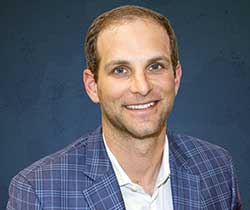
Kevin E. Zlotnik
Chancellor’s Centurions Chair
Brain Health: Think Smarter
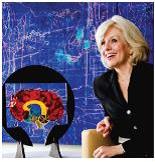
Founder and Chief Director
Dr. Sandra Chapman’s professional life has been a quest to find the keys to maximizing cognitive potential.
None of us can afford to let our brains decline, she says, and she is determined to put everyone—no matter their age—on a brain fitness plan. We all need to employ our “brain powers” to make sure our most important organ remains vibrant for as long as we live, Dr. Chapman says.
Fortunately, Dr. Chapman has a plan for sparking a “cognitive resurrection” to ensure your best brain years are ahead of you—not behind you.
Revolutionizing Treatment of Strokes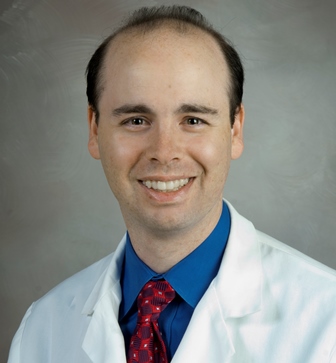
Sean Savitz, M.D
Associate Professor of Neurology
About 85 percent of strokes are caused when a blood clot forms in an artery that supplies blood to the brain. Currently, the only FDA-approved treatment for ischemic strokes is a clot-busting drug known as tPA. However, tPA must be given within three hours of the first signs of stroke, and medical providers can’t administer the drug until a CT scan of the brain confirms the diagnosis.
Earlier this year, UTHSC-Houston, or UTHealth as they are now known, unveiled the country’s first Mobile Stroke Unit—equipped with a CT scanner—to shave as much as an hour off the time it takes for stroke patients to receive treatment. Quite simply, it could mean saving millions of brain cells.
These kinds of advances, along with Dr. Savitz' other significant contributions to the field of brain repair and recovery after stroke, may help prevent or reduce the debilitating disabilities caused by strokes.
Teaming with Technology to Decrease Cancer Deaths
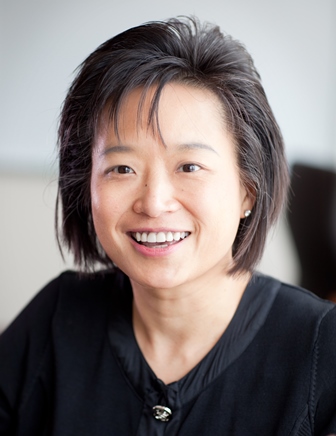
Chair of Genomic Medicine
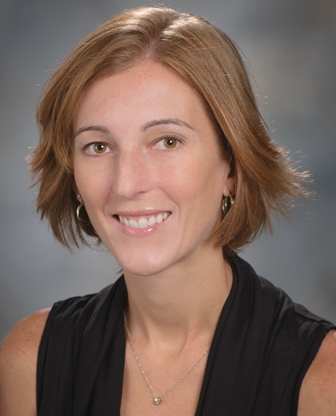
Assistant Professor
Chances are, if you’ve heard of Watson, IBM’s supercomputer, it was back in 2011 when it bested two of Jeopardy’s greatest champions. Today, the celebrity supercomputer is quite busy putting its incredible computing capabilities to good use in the assault against cancer.
At UT MD Anderson, Watson is powering the Oncology Expert Advisor to cull through reams of clinical records and medical literature to help physicians make customized, evidenced-based treatment decisions for cancer patients.
Nationally-renowned researchers and leukemia experts Dr. Chin and Dr. DiNardo are teaming up with technology to boost Moon Shots, UT MD Anderson’s ambitious initiative to dramatically reduce cancer deaths.
Demystifying MOOCs
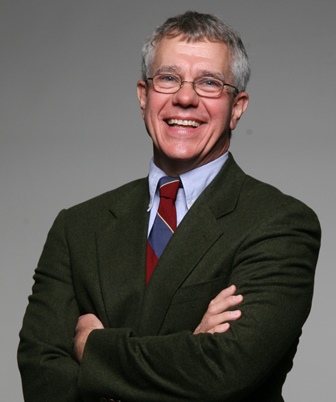
Professor of Philosophy
Dr. Daniel Bonevac, an award-winning professor of philosophy, is among the first UT faculty members to teach a Massive Open Online Course, more commonly known as a MOOC.
Roughly 35,000 students from across the globe enrolled in his course, Ideas of the 20th Century, giving Bonevac a birds-eye view of how technology is changing the educational experience.
MOOCs—which have been both highly lauded and highly criticized—are playing a critical role in testing the limits of online education. But more importantly, they’re raising important philosophical questions, such as who should have access to a higher education and how much should it cost?